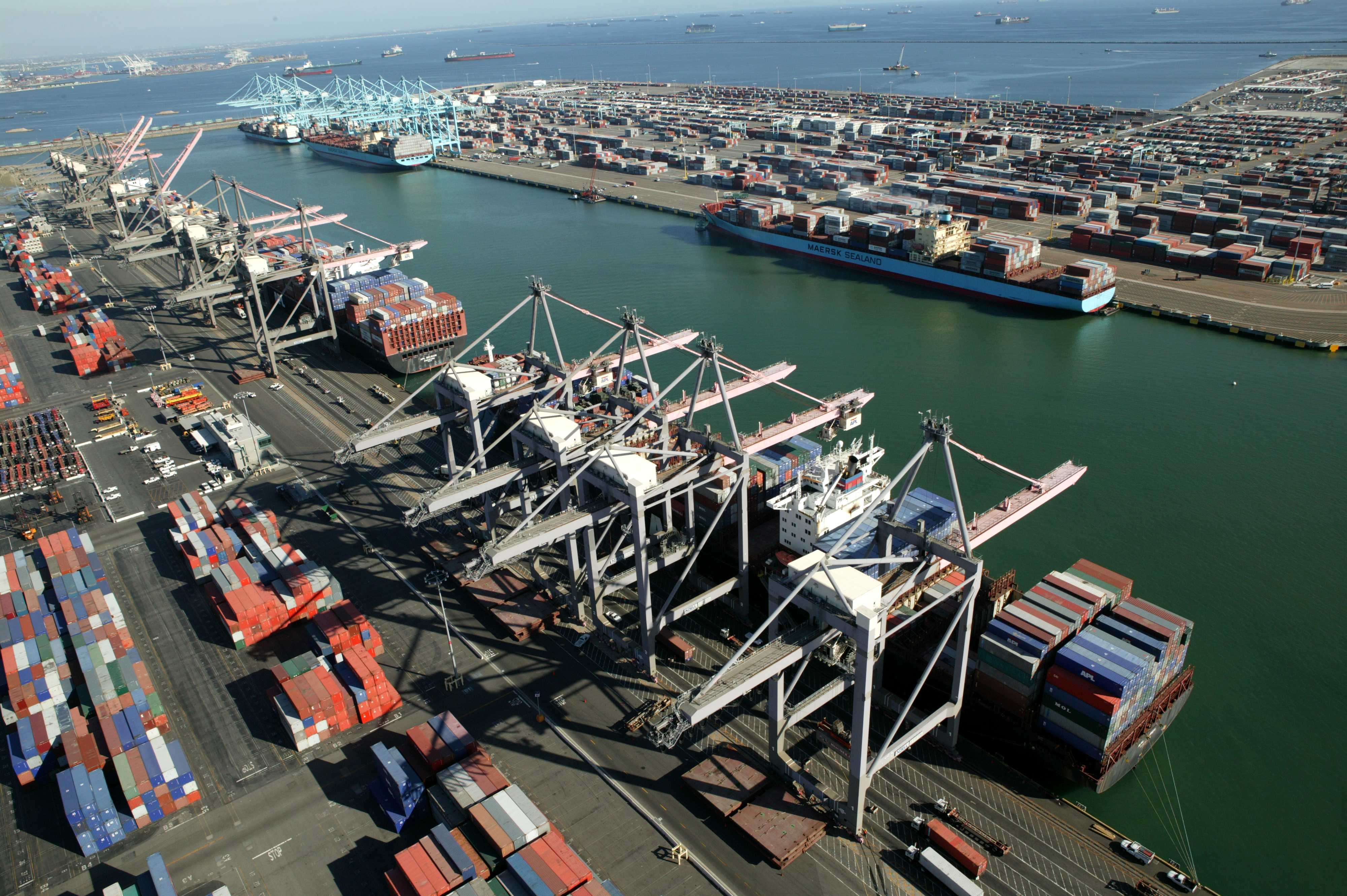Market Data

February 5, 2015
End to Port Dispute May Be in Sight
Written by Sandy Williams
The International Longshore and Warehouse Union and Pacific Maritime Association are closing the gap on negotiation demands. The latest offer by the PMA includes higher wages, continuation of a fully paid health care package and jurisdiction over maintenance and repair of truck chassis.
The ILWU said a contract agreement is “extremely close” and the few issues that remain can be “easily resolved.”
 The negotiations, that have been ongoing for nearly nine months, have been fraught with allegations and accusations from both parties. The PMA has blamed the ILWU for initiating slowdowns that have crippled West Coast ports. The ILWU says port congestion crisis is employer-caused, due in part to chassis issues.
The negotiations, that have been ongoing for nearly nine months, have been fraught with allegations and accusations from both parties. The PMA has blamed the ILWU for initiating slowdowns that have crippled West Coast ports. The ILWU says port congestion crisis is employer-caused, due in part to chassis issues.
Whatever the reason, the gridlock at West Coast ports has reached crisis stage. Applying further pressure on the negotiations, PMA CEO James McKenna said in a press conference on Wednesday that the ports are in danger of a lockout within the next five to ten days if an agreement is not reached.
Despite the acrimonious negotiations, both sides agree that keeping the ports open and cargo moving is in the best interest of the U.S. economy.
In a press release on Wednesday, the ILWU “pledged to keep the ports open and keep cargo flowing, despite the massive, employer-caused congestion crisis that has delayed shipping for most of 2014.”
“The deteriorating situation on the docks is in nobody’s long-term interest,” said PMA President Jim McKenna. “I hope the ILWU leadership will give very serious consideration to this contract offer, which I believe respects their members and gives us a clear path to conclude these talks. We owe it to workers and businesses across the nation to resolve our differences and get our ports moving again.”







